This photo essay includes the brief biographies of participants in the NSF STS as a Critical Pedagogy Workshop, Summer 2021.

Monamie Bhadra Haines is an assistant professor of Global STS at Nanyang Technological University in Singapore, who will soon be joining Denmark Technical University as an assistant professor in STS in their Responsible Innovation division. She received her PhD in Human and Social Dimensions of Science and Technology from Arizona State University. She studies the political and cultural implications of energy transitions in low-to-middle income countries with a focus on social movements and the relationship between science and democracy. Her second focus, precipitated by the pandemic, investigates the implications of surveillance in nonliberal contexts such as Singapore.
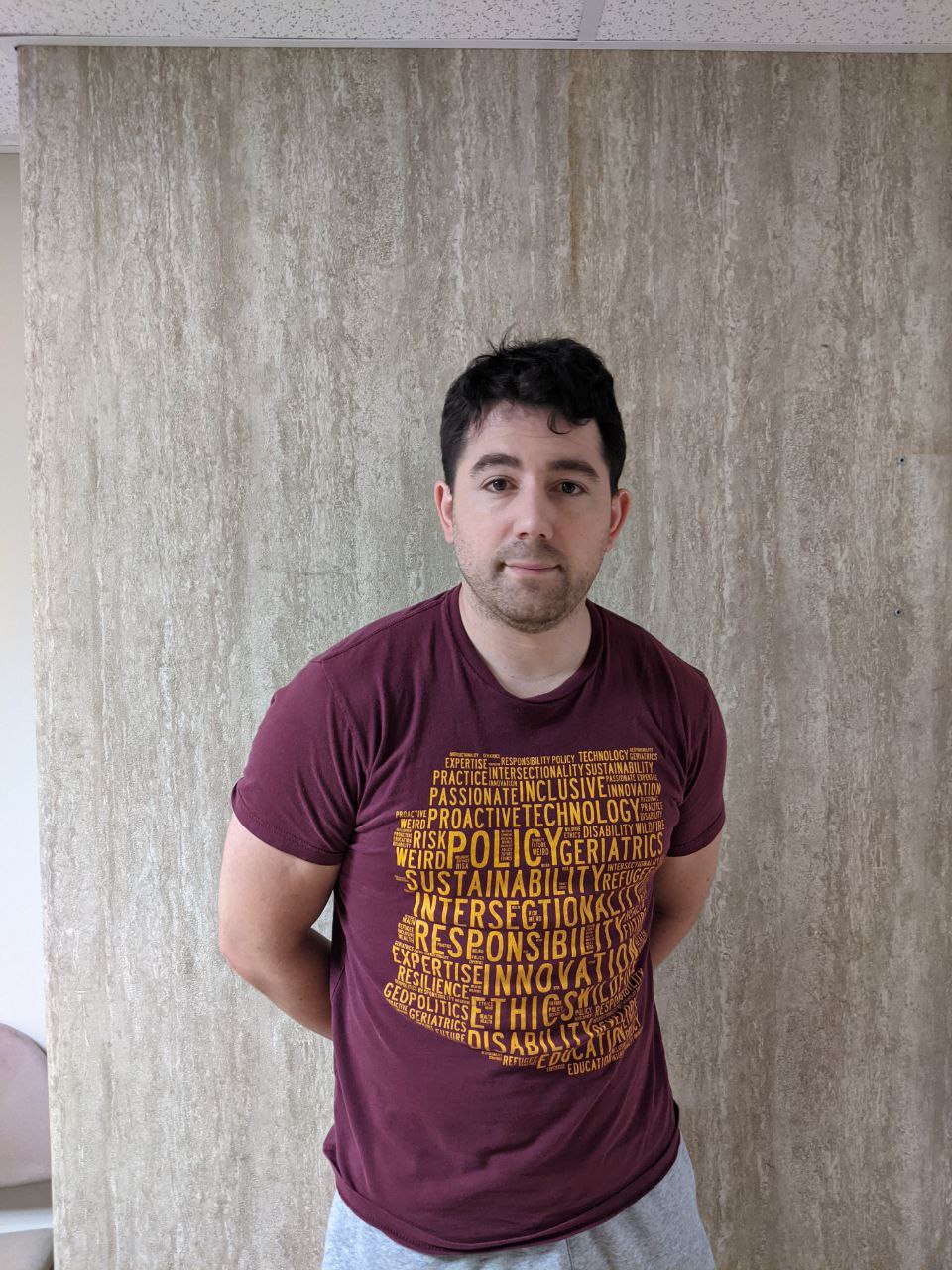
I´m a Chilean technologist, currently doing my Ph.D. student at Arizona State University, with a lifetime passion for learning and teaching. But, I´m also a story-explorer in virtual and fictional worlds, a concern citizen of Latin America, an oxygen & coffee-based gay biological crossfitter machine, and a Twitter user.

Shannon N. Conley earned a PhD from Arizona State University in Political Science. She is currently an Associate Professor in the School of Integrated Sciences at James Madison University. Her research focuses on responsible innovation, ethics, and the governance of new and emerging technologies in the context of new and emerging reproductive technologies. She also conducts research around expertise acquisition and is a member of the Studies of Experience and Expertise (SEE) community. She has particular interest in developing a scholarly community focused on STS (Science and Technology Studies) as a critical pedagogy.
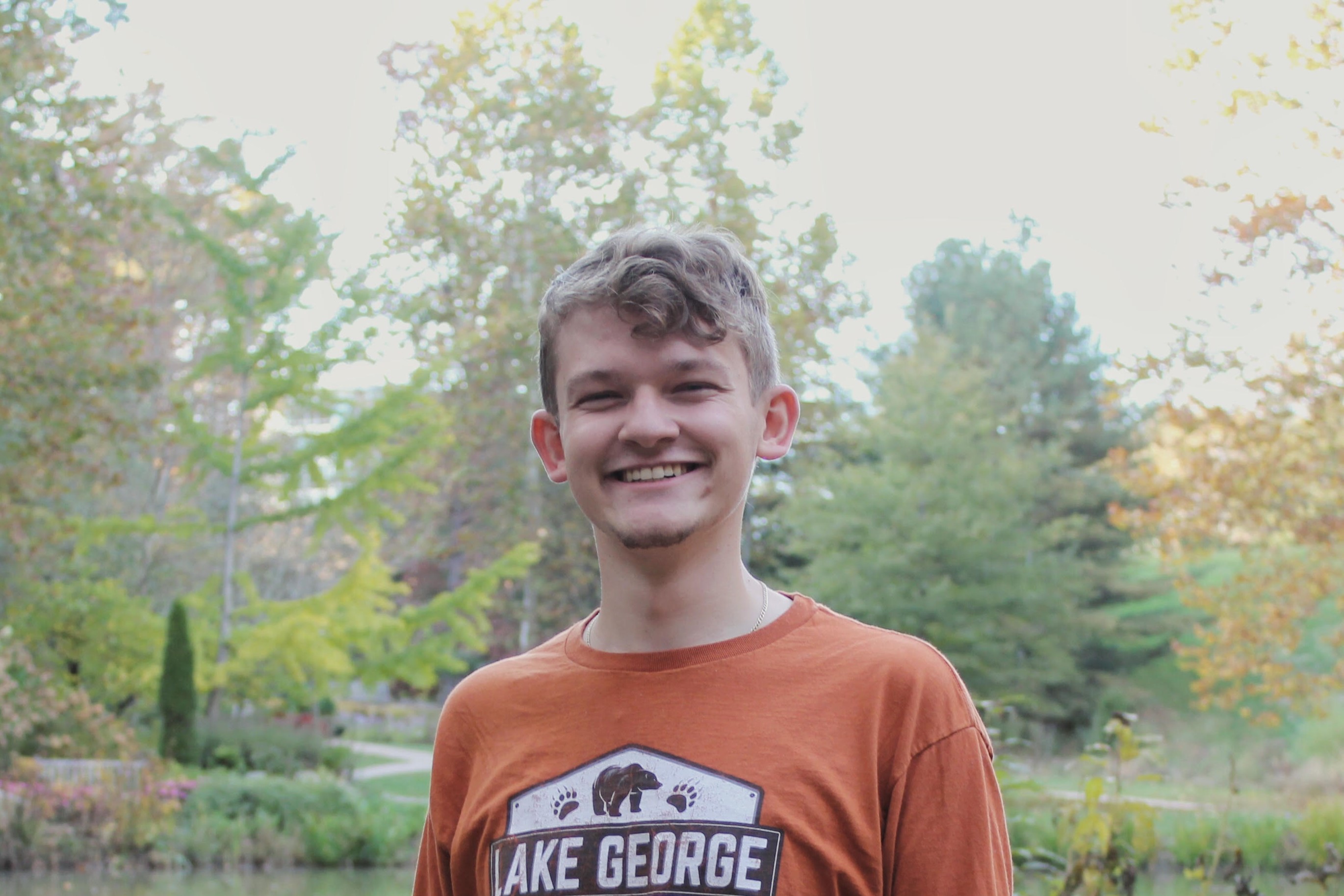
Nolan Harrington is an undergraduate student in his senior year at James Madison University (JMU). He is majoring in Integrated Science and Technology with a dual concentration in Applied Computing and Social Context Analysis. He also has minors in Art and Honors Interdisciplinary Studies. Nolan has been a member of the Science, Technology, and Society Futures Lab at JMU for three years. Currently, he is researching user interface accessibility and equity for his honors thesis. As an STS Pedagogy Fellow, Nolan is assisting with the panel on Clinics and Labs.

Courtney is an undergraduate student in her Junior at James Madison University (JMU). She is majoring in Integrated Science and Technology (ISAT) and minoring in Honors and STS. She will be concentrating in both Biotechnology and Production Systems as part of her major. She has been part of the Science, Technology, and Society Futures Lab for two semesters and has enjoyed being part of such a unique lab outside of normal courses. As an STS Pedagogy Fellow, Courtney is supporting a panel with meetings and collaboration.

Matthew Harsh is an Associate Professor of Science, Technology and Society and the Director of the Center for Expressive Technologies at California Polytechnic State University. He holds a BS in Materials Engineering from Northwestern University and an MSc and PhD in Science and Technology Studies from University of Edinburgh. Harsh studies cultures of research and innovation in Africa. He also publishes on pedagogy and runs several training programs on technology policy and community engagement. He serves as Assistant Director for the Ethnografilm conference and film festival, and actively works to find new ways to integrate visual methods and storytelling into social science.

Alexa Houck is a junior undergraduate majoring in Integrated Science and Technology. She has two minors in STS and sociology and is hoping to triple concentrate in biotechnology, energy, and social context. She is interested in researching the intersection between biotechnologies and disabilities as well as learning more about the STS community.
She is serving as a fellow for the NSF STS as a Critical Pedagogy Workshop, hosted in Summer 2021.
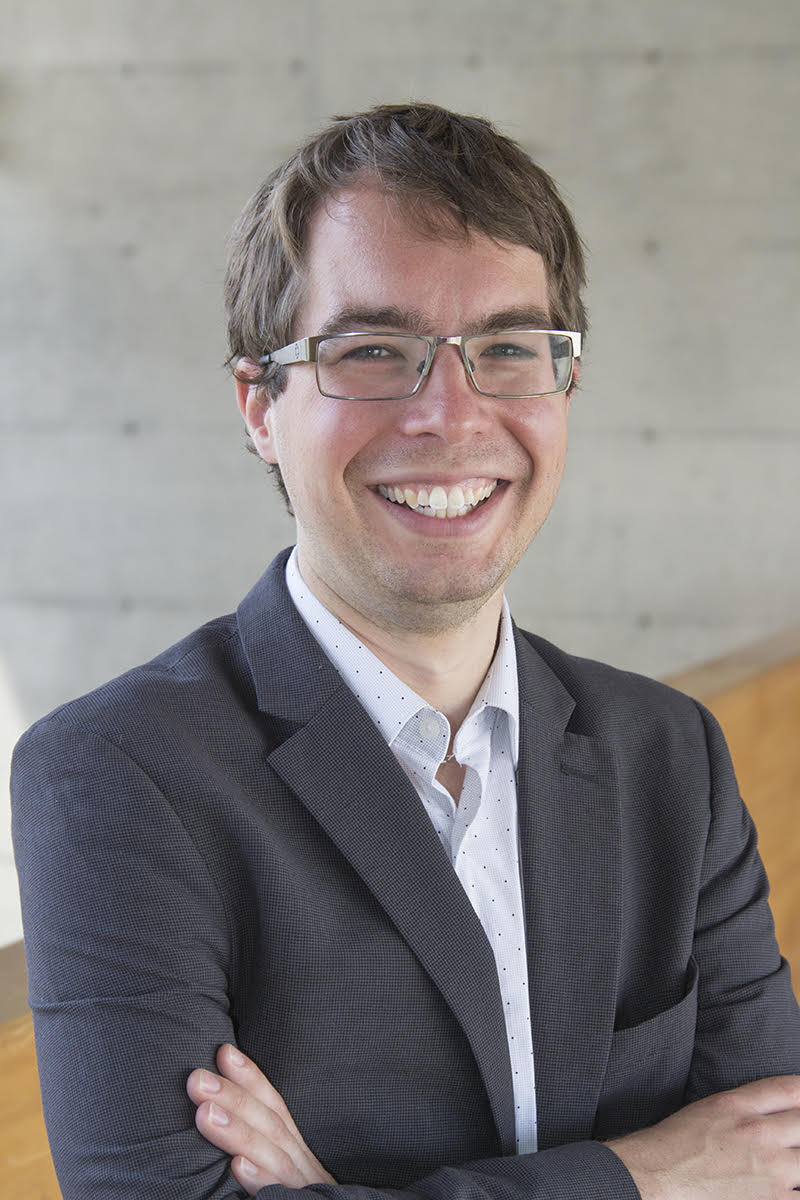
Dr. Eric Kennedy is an Assistant Professor of Disaster and Emergency Management at York University. His research focuses on the critical study of the human, social, and policy dimensions of emergency management. Kennedy is an expert on wildfire management, preparedness, and response - and is also leading a large-scale survey and interview project tracking social dimensions of COVID-19 across Canada. Kennedy is the director of the Collaboration on Emergency Management, Policy, and Preparedness Research (CEMPPR Lab) at York University, and runs the Science Outside the Lab program to help train the next generation of science policy leaders.
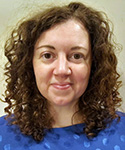
Alison Kenner is Associate Professor of Politics and a faculty member in the Center for Science, Technology, and Society at Drexel University. Her first book, Breathtaking: Asthma Care in a Time of Climate Change (University of Minnesota Press, 2018), documents how care is materialized at different scales to address the U.S. asthma epidemic. From 2014-2020, Kenner led the Philadelphia Health and Environment Ethnography Lab (PHEEL), which facilitated collaborative projects between Drexel students, governmental and nongovernmental partners, and community organizations. Her latest research, The Energy Rights Project, looks at how organizations address energy vulnerability in the U.S. Mid-Atlantic region.
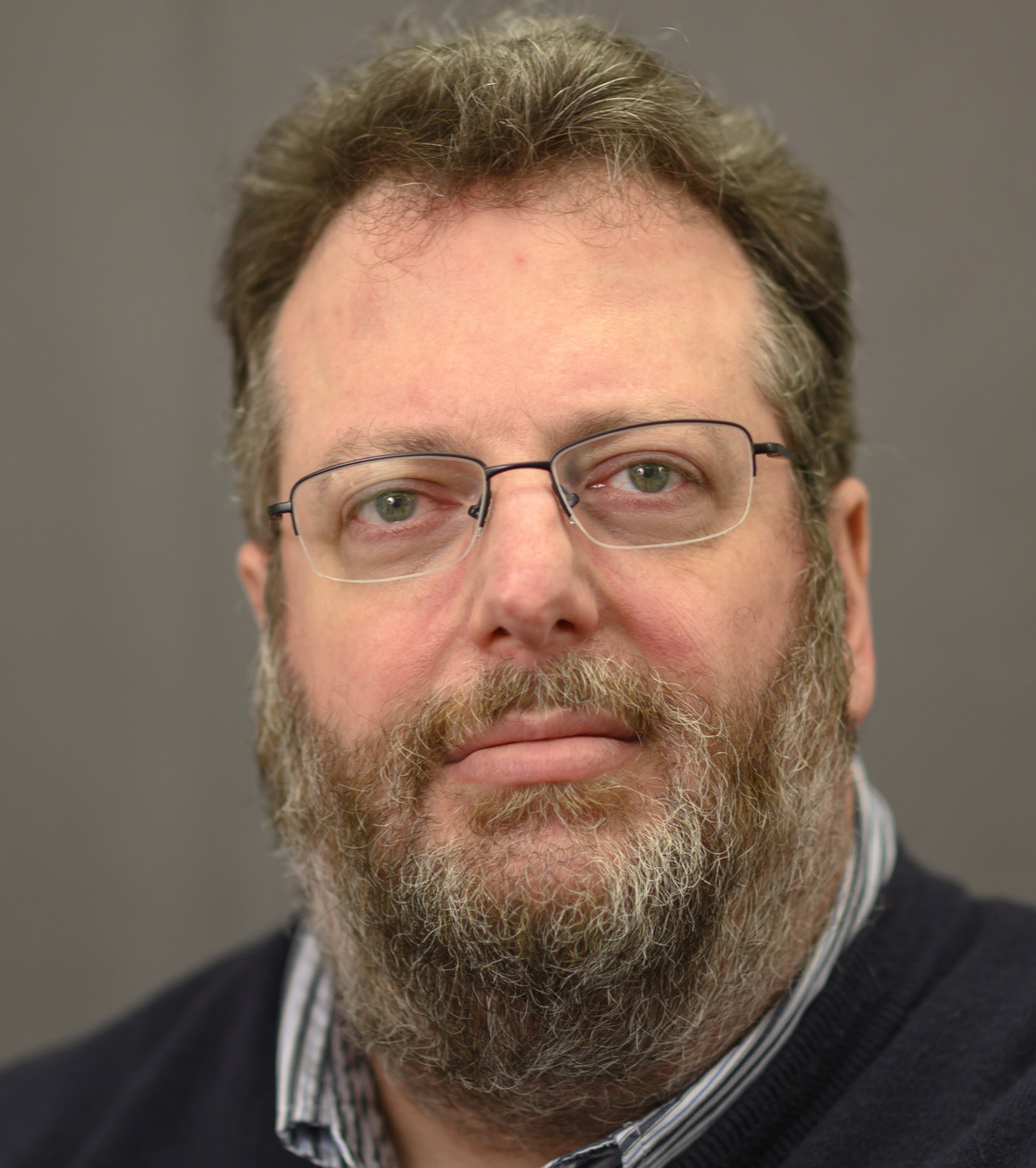
Michael J. Klein is Professor of Writing, Rhetoric and Technical Communication at James Madison University, wher he also directs The Cohen Center for the Humanities. His research focuses on the medical rhetoric and communication, including medical humnaities and graphic narrative. He eraned a PhD in STS at Virginia Tech.
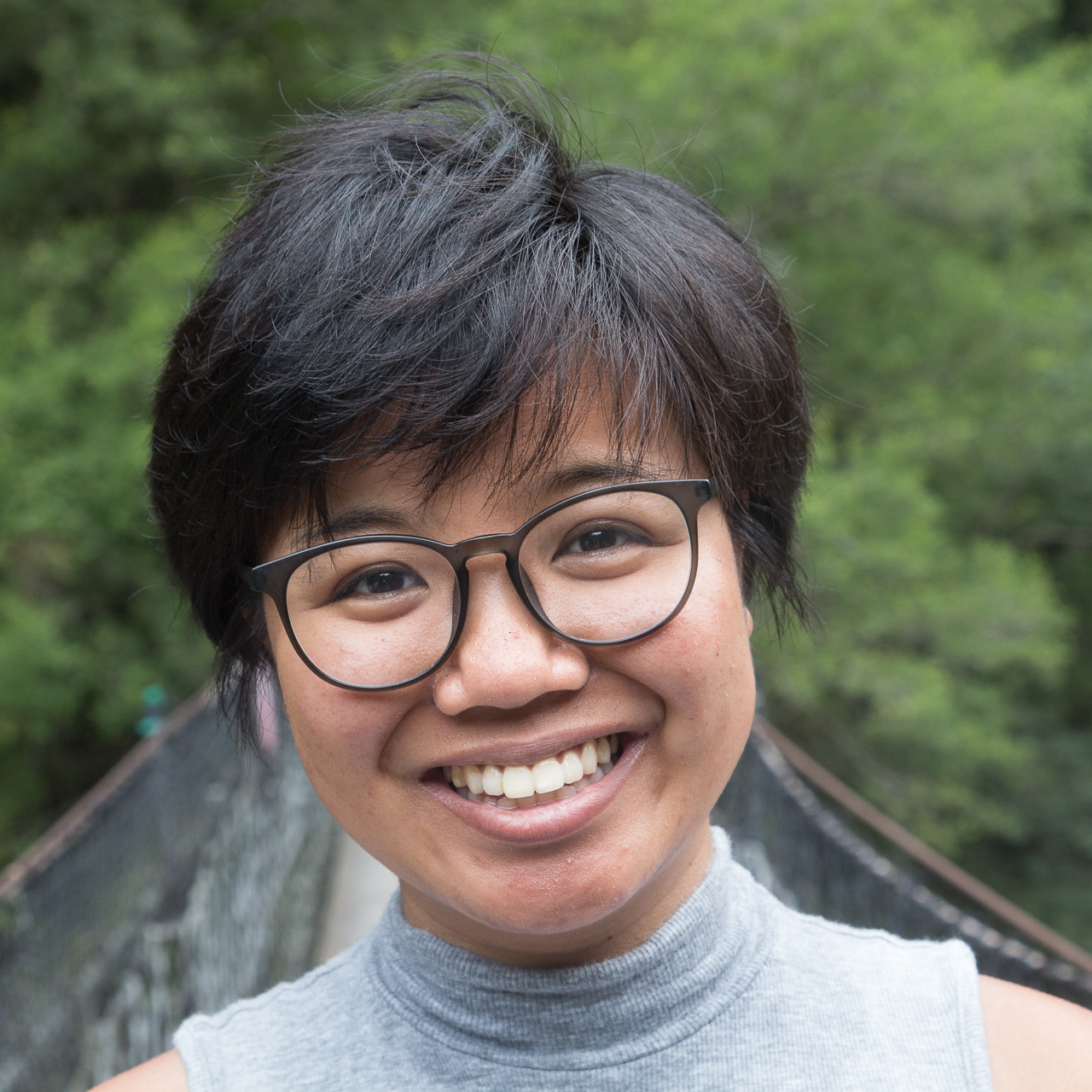
Crystal Lee is a PhD candidate at MIT and a Fellow at the Berkman Klein Center at Harvard University. She works broadly on topics related to the social and political dimensions of computing, data visualization, and disability. She also conducts ethnographic and computational research on social media communities. Crystal’s research has been supported by the National Science Foundation, Social Science Research Council, and the MIT Programs for the Digital Humanities. Previously, she was a visiting research scientist at the European Commission, and graduated with high honors from Stanford University.

Nicole Mogul is a senior lecturer in the School of Engineering at the University of Maryland (UMD), College Park, where she is also the assistant director of the Science, Technology and Society Scholars program. Previously, she was adjunct professor in the Ph.D. program of Science and Technology Studies at Virginia Tech, National Capital Region Campus.
Nicole teaches courses in engineering ethics, science and technology studies, science communication, sustainability, and infrastructure and society. She experiments with a variety of techniques for developing students’ ability to take “STS postures,” including case studies, ethical frameworks, design thinking, rhetoric, storytelling, acting and improvisation.
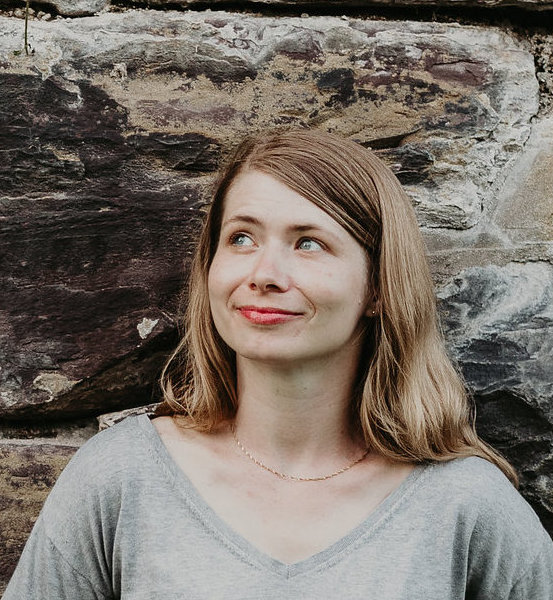
I am an Assistant Professor of Engineering, Design, & Society at Colorado School of Mines and hold a joint appointment in Geophysics. I hold a PhD in anthropology from the University of California at Irvine.
Informed by the insights of environmental anthropology and science and technology studies, my research draws on qualitative, quantitative, and archival methodologies to develop insights into how we understand and live with risk and risk mitigation technologies. Recently, I have been studying and writing about earthquake early warning and engineering education.
I tweet @beth_reddy
My website has links to papers. It is http://elizabethreddy.info/
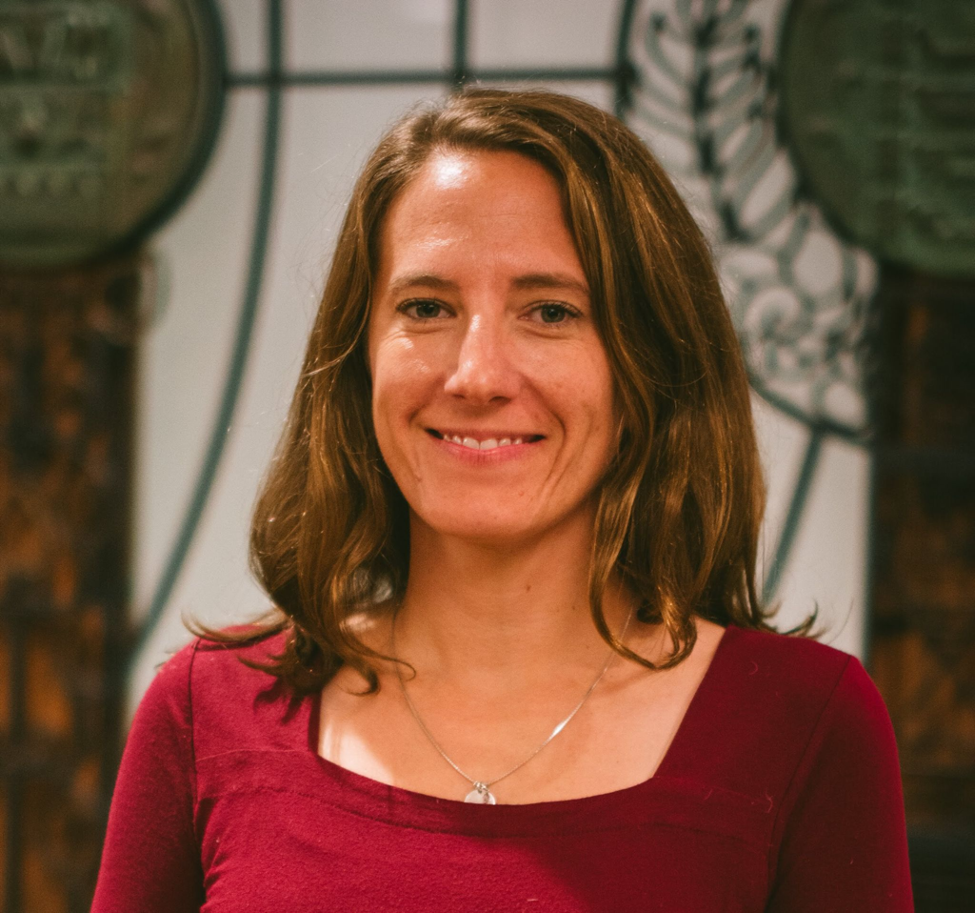
Kathleen Sheppard is Associate Professor in the history and political science department at Missouri S&T. Her main field of study is history of science, focusing on the history of Egyptology in Britain and the US. She is interested in the social studies of science, sociability, and spaces of knowledge creation. In her teaching, she works to engage engineering students in the study of history, so using STS pedagogy tools is critical to her work.
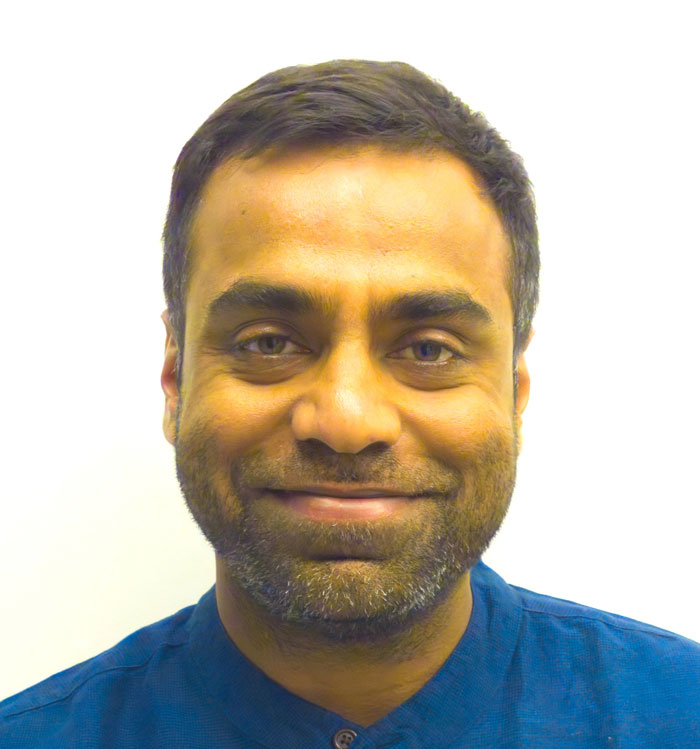
Ranjit is a Postdoctoral Scholar at the AI on the Ground Initiative of Data & Society Research Institute. He studies the intersection of data infrastructures, global development, and public policy. He is currently leading a research project on and collaborating on building a research community around mapping the conceptual vocabularies and sites of AI in the Global South. His dissertation research examines on-the-ground problems in and practices of building and appropriating Aadhaar (translation: Foundation), the biometrics-based national identification infrastructure of India. It advances public understanding of the affordances and limits of biometrics-based data infrastructures in practically achieving inclusive development and reshaping the nature of Indian citizenship.

Sam Smiley is a media artist, independent scholar, and nonbinary human (they/them/theirs) who works at the intersection of science, technology and society (STS) and qualitative arts based research. They received their M.F.A. from Rensaellar Polytechnic Institute in Electronic Arts and their BFA from Massachusetts College of Art and Design.. Smiley is a documentarian and educator by trade, and an artist philosopher by night. They are founder of Astrodime LLC, a queer permaculture design company based in Providence Rhode Island, U.S.A.
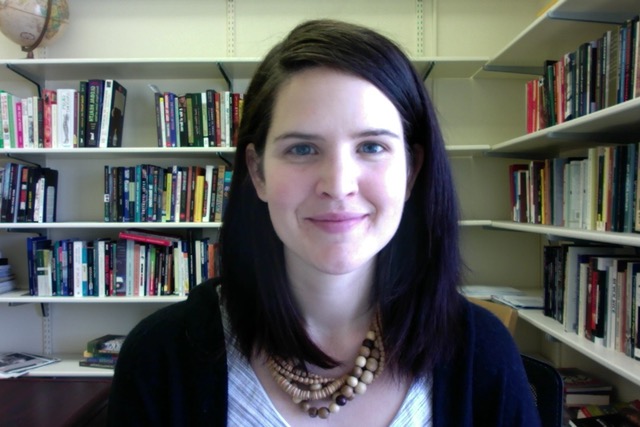
Lindsay Smith is a medical anthropologist and Assistant Professor in School for the Future of Innovation in Society. Her research and teaching interests lie at the intersection of transitional justice, trauma, and scientific meaning-making. Her book manuscript, Subversive Genes: Making human rights and DNA in Argentina, examines the impact of the invention of forensic genetics on the constitution of family, justice, and democracy in post-dictatorship Argentina. As an engaged anthropologist and ethnographic filmmaker, Lindsay has made films and published in collaboration with human rights groups, including the documentary Aparición con Vida, detailing the use of DNA in the search for children kidnapped during the Argentine Dirty War. She is currently conducting an NSF funded ethnographic study of the border laboratory focused on the innovation ecosystems of migrants in the Mexican borderlands.
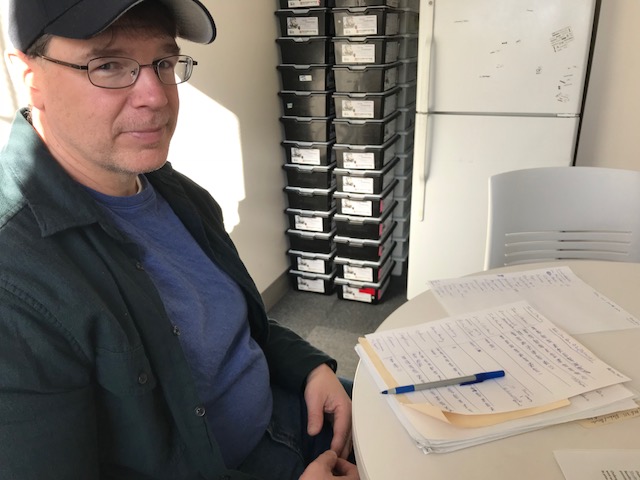
David Tomblin is the director of the College Park Scholars Science, Technology and Society program and the Science, Technology, Ethics and Policy minor at the University of Maryland College Park. He teaches Infrastructure and Society, Governing Emerging Science and Technologies (STS Capstone), and an introductory STS course. His research has two primary foci: Public Engagement with Science and Technology and Engineering Education Research.
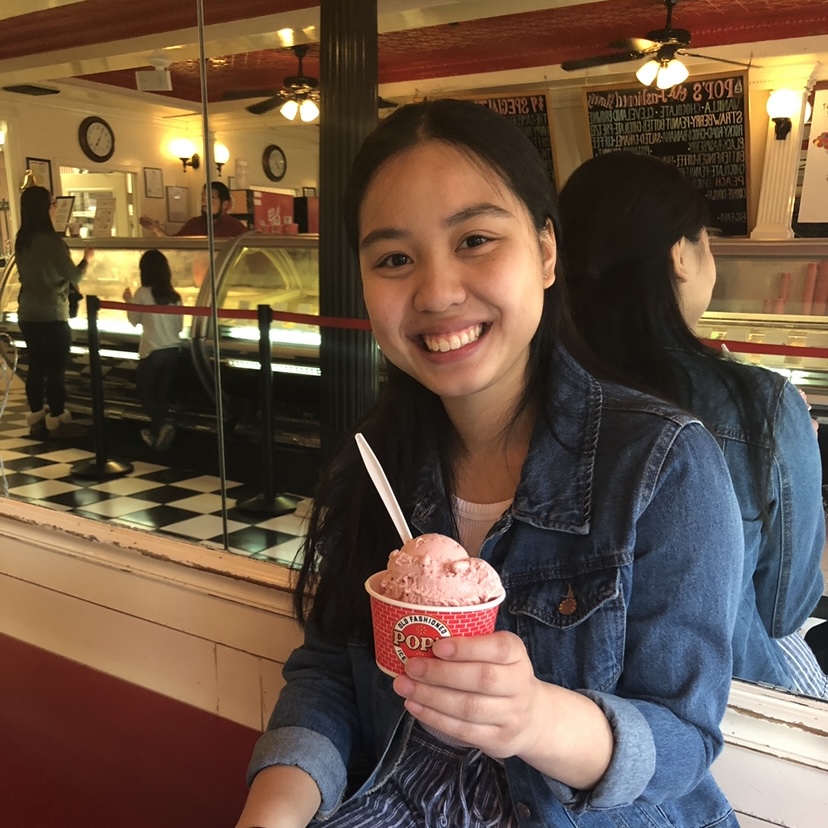
Danica Tran is undergraduate at James Madison University (JMU). She is a rising junior and is currently persuing a Bachelor of Science degree in Integrated Science and Technology (ISAT). Some of her interests include Science, Technology, and Science (STS), Environmental, and Information Knowledgement Management.
She is a First Year Orientation Guide (FrOG) for JMU's 1787 Weeks of Welcome.
She is also a fellow on the NSF STS Critical Pedagogy Workshop, hosted in Summer 2021.

Raquel Velho is Assistant Professor in Science and Technology Studies at Rensselaer Polytechnic Institute (Troy, New York, USA). Her work lies at the intersection of infrastructure studies and disability studies, with a focus on the impact that infrastructures have on the inclusion of marginalized communities, and how these communities push back and impact these infrastructures in return. She teaches STS-informed design in her department's Design, Innovation, and Society program, the only design program housed in a social sciences department in the USA. She received her PhD in Science and Technology Studies from University College London (UK).

Hi! I’m Hong-An Wu 吳鴻安, and I go by Ann with she/her pronouns. I’m an interdisciplinary arts educator, media artist, and researcher that seeks critical, playful, and careful pedagogical approaches with and through technologies, such as video games and Tarot, for social justice. I received my B.A. in Sociology from the National Taiwan University and Ph.D. in Art Education from the University of Illinois at Urbana-Champaign. My work sits at the intersection of game and play studies, feminist science and technology studies, and media and arts education, and my published works can be found in the Journal of Cultural Research in Art Education, OneShot: A Journal of Critical Games and Play, among others. Currently, I serve as an assistant professor in the School of Arts, Technology, and Emerging Communication at the University of Texas at Dallas, a co-director of the Studio for Mediating Play, and a co-director of Situated Critical Race and Media.

Emily York is an Assistant Professor in the School of Integrated Sciences at James Madison University. She received her PhD in Communication (Science Studies) at the University of California, San Diego. Her teaching interests focus on engaging STEM students in STS-inflected inquiry and research, and teaching in interdisciplinary spaces. Her research interests focus on STS pedagogy, critical participation in interdisciplinary collaboration, and responsible innovation. She is an Associate Editor as part of the transnational editorial collective of the 4S open access journal Engaging Science, Technology, and Society.
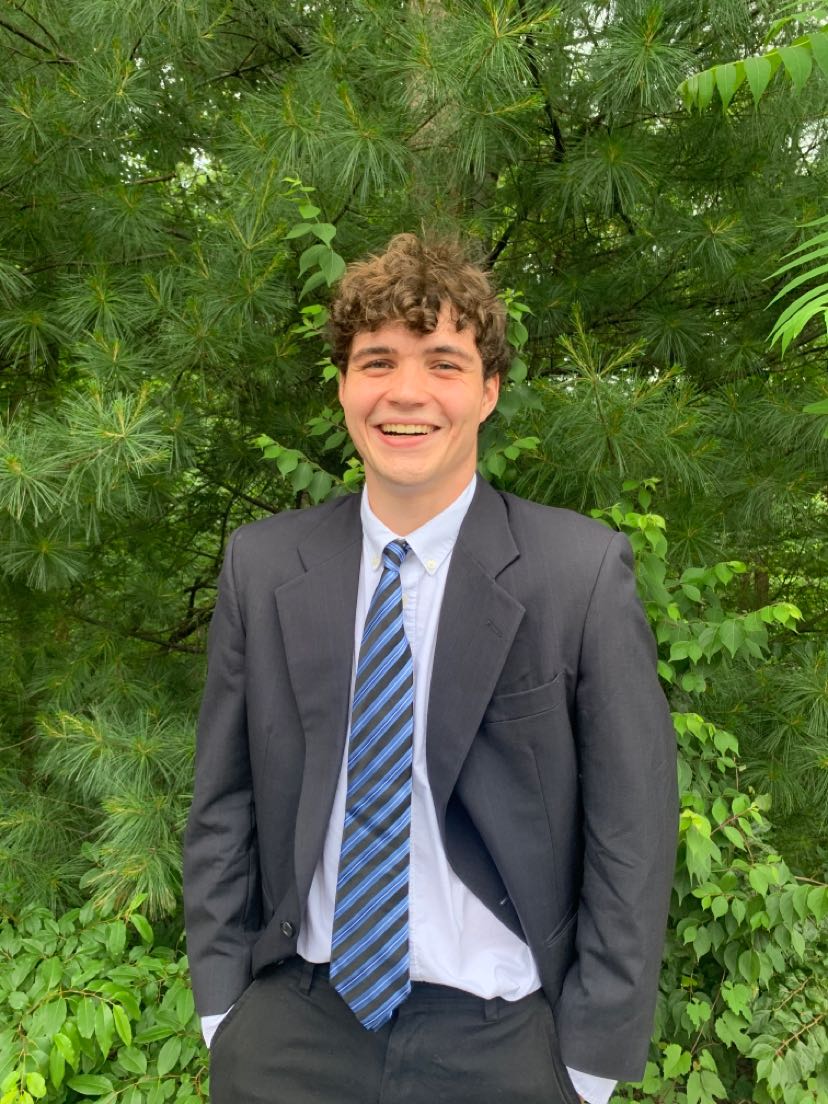
Andrew Webb is a senior undergraduate student at James Madison University. He is majoring in Integrated Science and Technology (ISAT) with a concentration in Production Systems and a sector in Information Knowledge Management. In addition to having minors in Science, Technology, and Society (STS) and Honors Interdisciplinary Studies, Andrew has been a part of the STS Futures Lab for the past two years.
He is currently furthering research on his capstone project, "Social Sustainability in Manufacturing" as well as acting as a NSF Fellow for the Critical Play panel in the STS as a Critical Pedagogy workshop.
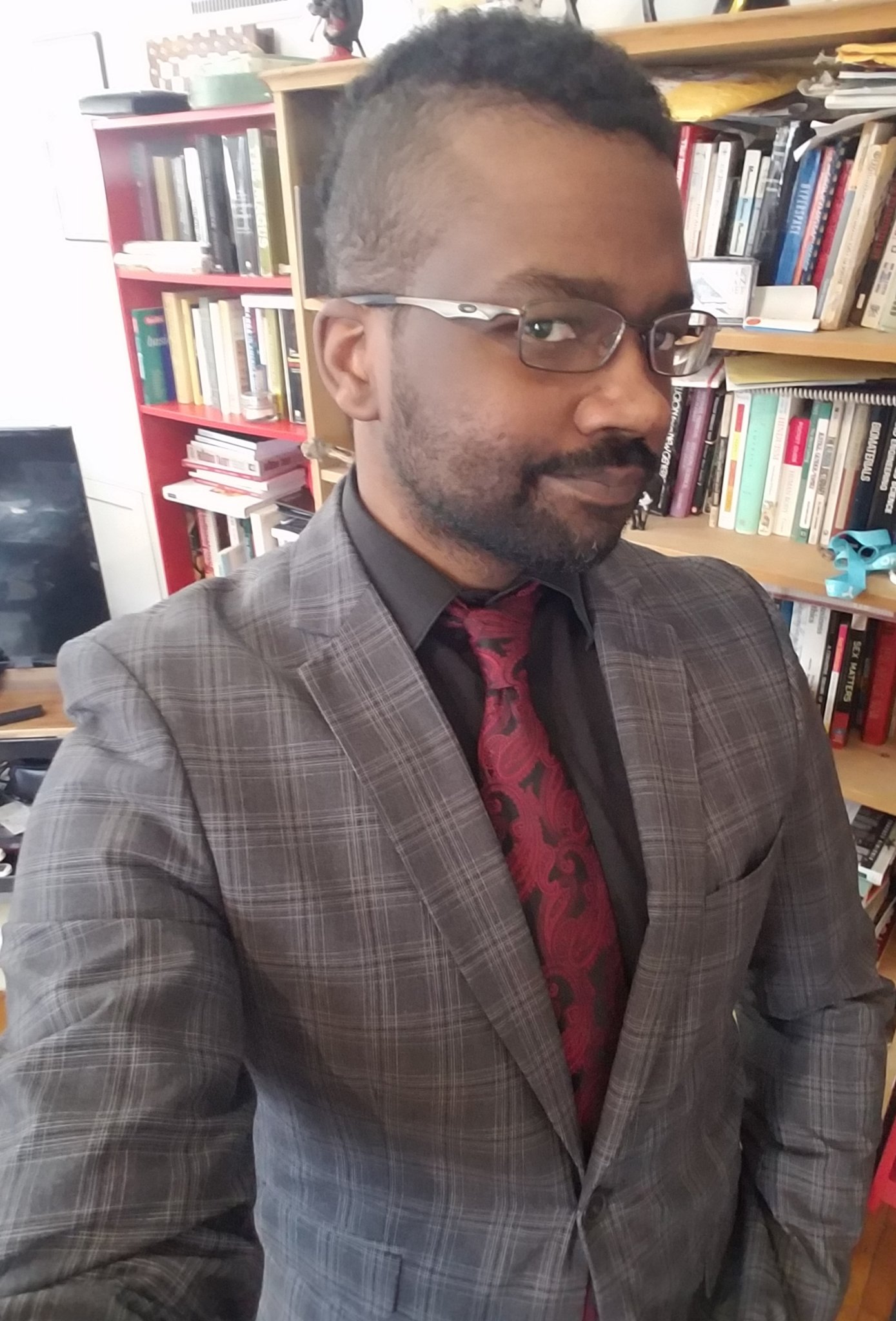
Damien is a PhD candidate at Virginia Tech’s Department of Science, Technology, and Society, where he researches ethics, epistemology, philosophy of technology, values and bias in algorithms and AI, comparative religions, human biotechnological interventions, popular culture, and the occult. Damien is member of Project Advisory Committee for the Center for Democracy and Technology's Project on Disability Rights and Algorithmic Fairness, Bias, and Discrimination. He also sits on the board of the non-profit JustSpace Alliance, which advocates "for a more inclusive and ethical future in space, and to harness visions of tomorrow for a more just and equitable world today."
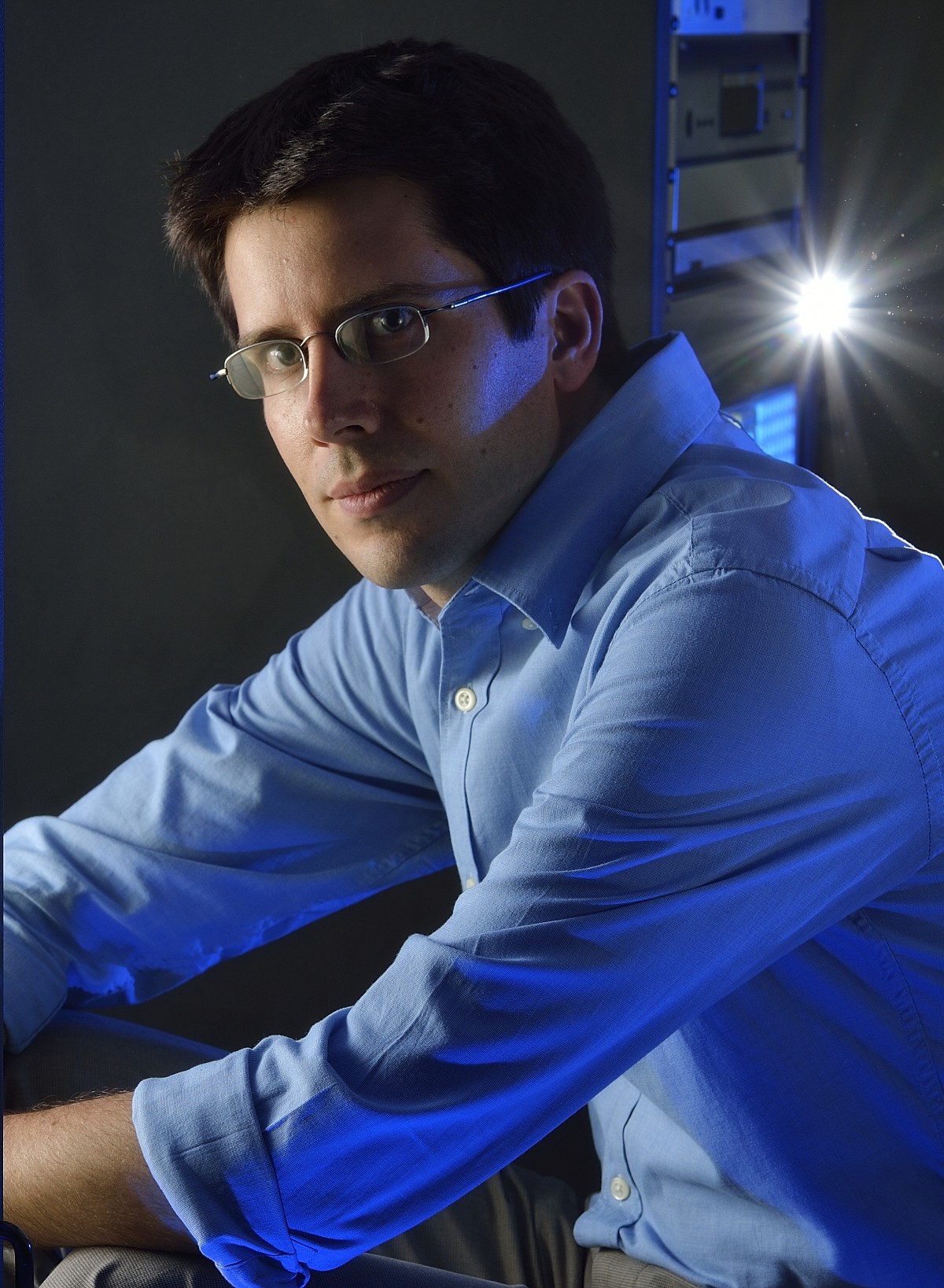
Matthew Wisnioski is Associate Professor of Science, Technology, and Society at Virginia Tech, where he was named a Diggs Teaching Scholar for pedagogical practices that advance, challenge, and/or unsettle existing conventions of teaching and learning, with emphasis on critical and inclusive pedagogy. His historical scholarship explores pedagogical innovations in the sciences from cold war entrepreneurship programs to The Magic School Bus. He has worked as a critical participant in engineering education as well as art and technology collaborations, including a NSF Revolutionizing Engineering Departments project. Most recently, he is co-editor of Does America Need More Innovators? (MIT 2019), a dialogue among leading champions, critics, and reformers of innovation.
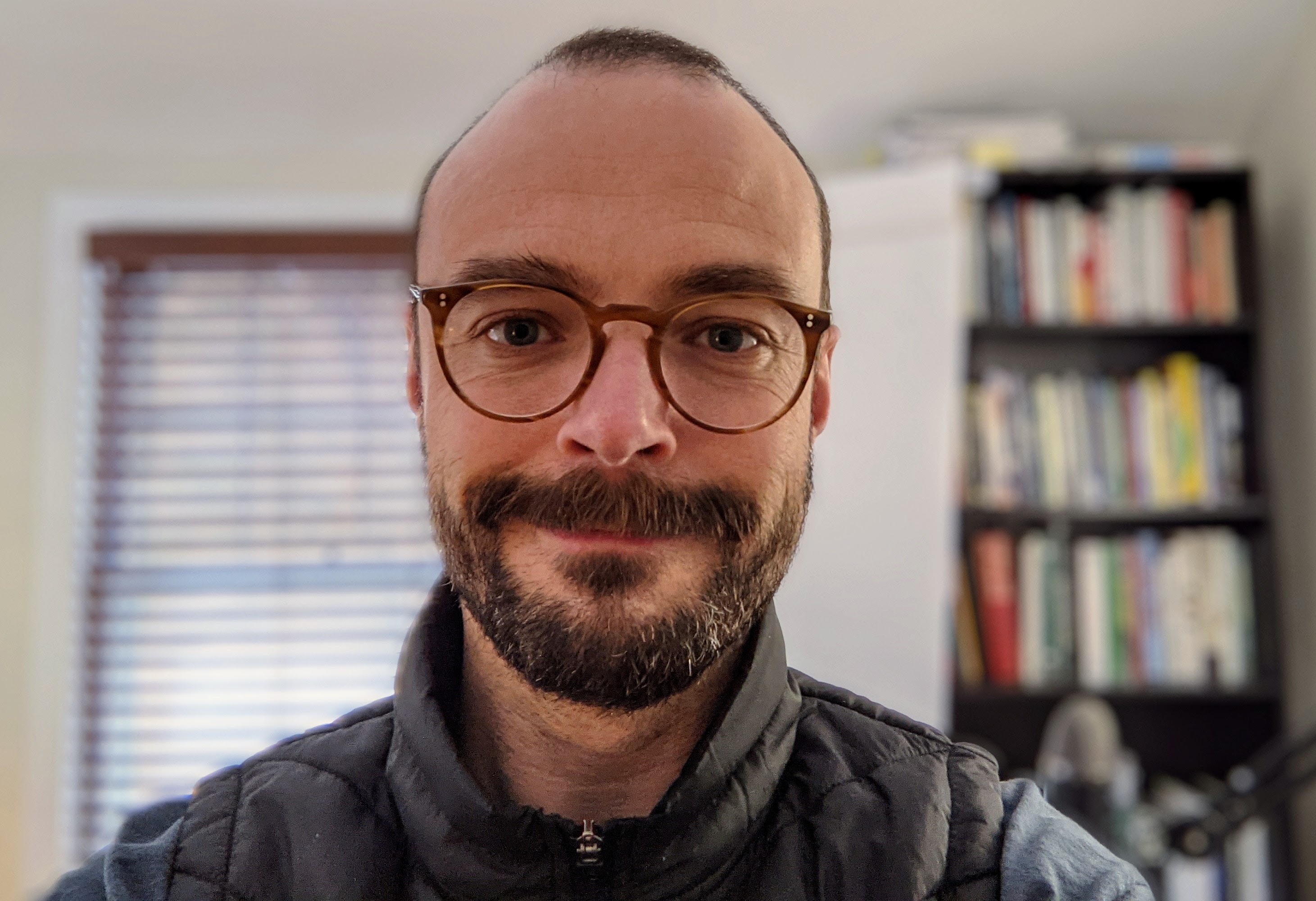
Malte Ziewitz is Assistant Professor at the Department of Science & Technology Studies at Cornell University. An ethnographer and sociologist, he studies the changing role of governance and regulation in, of, and through digitally networked environments. His recent work looks at the use of patient feedback in the British hospitals, the search engine optimization industry, and people’s attempts to repair a broken credit score. At Cornell, he directs the Digital Due Process Clinic, a clinical research program that helps ordinary people to cope with, understand, and challenge automated scoring systems.
Emily York, Shannon N. Conley, Alexa Houck, Andrew Webb, Courtney Forberg, Danica Tran, Maxwell Etka, Nolan Harrington, Hong-An Wu, David Tomblin, Elizabeth Reddy, Lindsay A Smith, Nicole , Eric Kennedy, Matthew Harsh, Damien Patrick Williams, Ali Kenner, Kathleen Sheppard, Michael J. Klein, sam e smiley, Martín Andrés Pérez Comisso, Rachel Douglas-Jones, Ranjit Singh and Malte Ziewitz. 28 May 2021, "NSF STS as a Critical Pedagogy Workshop Bios", STS Infrastructures, Platform for Experimental Collaborative Ethnography, last modified 7 July 2021, accessed 31 March 2025. https://stsinfrastructures.org/content/nsf-sts-critical-pedagogy-workshop-bios

Rachel Douglas-Jones is an Associate Professor at the IT University of Copenhagen, Denmark, where she is the Head of the Technologies in Practice research group and co-directs the ETHOS Lab. Her research interests center on evaluative knowledge practices and technologies of governance, including ethics committees, digital bureaucracies, technological substitution and augmentation, data erasure and most recently, the ethics of inference. She is currently leading a research project "Moving Data- Moving People", a study of digital trust in the implementation of the Chinese Social Credit System. She is the editor the 2021 special issue Towards an Anthropology of Data (with Antonia Walford and Nick Seaver) and the forthcoming Handbook on the Anthropology of Technology (with Maja Højer Bruun, Ayo Wahlberg, Brit Ross Winthereik, Dorthe Brogaard Kristensen, Klaus Høyer and Cathrine Hasse).